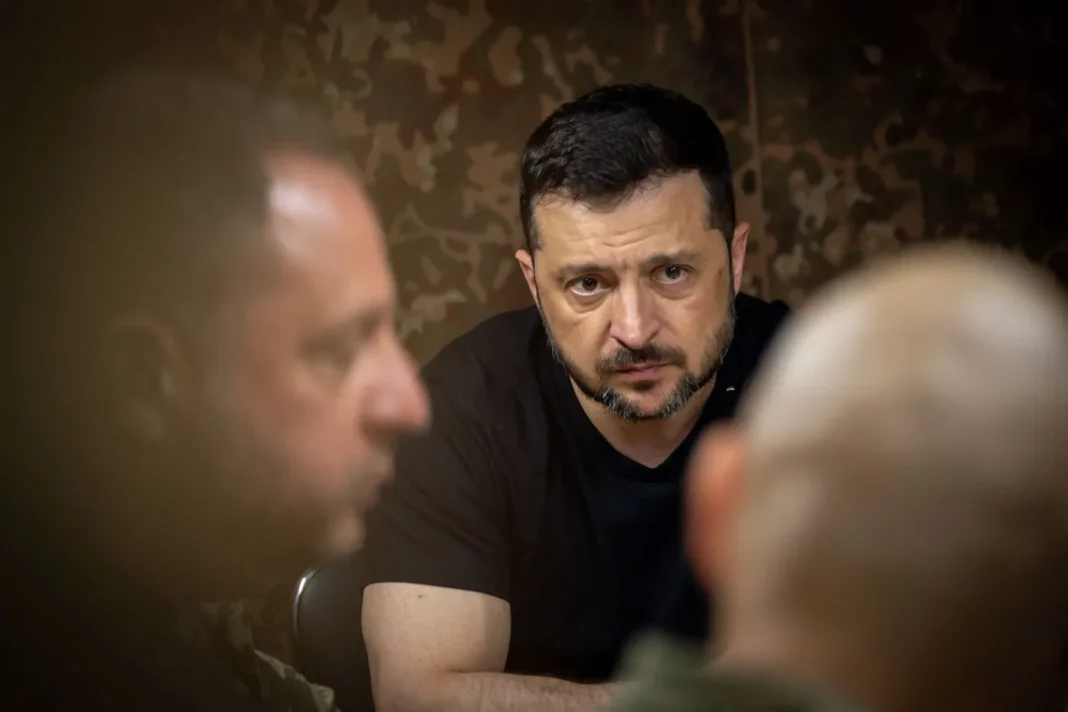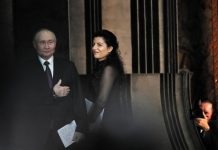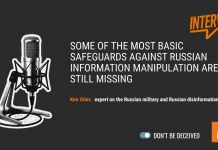Decisive outcomes on the battlefield are rare; what comes next matters more.
By Edward Lucas, for CEPA
In war, argued Carl von Clausewitz, “the result is never final”. Carthaginians would doubtless disagree: the Roman empire’s victory in 146 BC brought their enslavement and the complete physical destruction of their city. But the Prussian military theorist was right that measuring defeat and victory in military conflict is harder than it looks. To assess winners and losers, we must look at what each side initially aimed to achieve, and the costs and benefits of fighting.
One could argue that Vladimir Putin’s invasion of Ukraine is heading for a draw. As President Volodymyr Zelensky said this week, Russia is not strong enough to occupy Ukraine, but Ukraine is not strong enough to recover its occupied territories. The detailed outcome will be decided, not some mix of diplomacy, sanctions, and security guarantees.
Widen the lens, though, and one can argue that the Kremlin has already lost: despite enormous costs, it failed to decapitate Ukraine and permanently return it to Russia’s orbit. Yet one can also argue that Ukraine’s disproportionately great losses in human and material terms will cripple its development for decades to come. A third assessment is that Putin faced down the West with willpower and nuclear blackmail. Attempts to isolate Russia as punishment for aggression ended with Donald Trump’s administration literally rolling out the red carpet for the war criminal Russian leader.
All of these have elements of truth. But the real answer is that it is too early to tell. The military conflict may look like a stalemate, but it is not over yet. Ukraine’s new long-range missiles may do decisive damage to the Russian economy. The Kremlin’s mass drone attacks may swamp Ukraine’s air defences this winter and do catastrophic harm to the energy system and civilian infrastructure. These possibilities are not mutually exclusive. If the fighting dies down or halts, with or without foreign diplomatic intervention, the next question will be who wins the peace. Will Ukraine be a prosperous, stable member of the European Union, or a traumatised rump? Will Russia be able to switch off its war machine, or will it seek new adventures, involving calamitous risks, elsewhere?
Finland’s experience is indicative here. After the three-month Winter War (1939-40) against the Soviet invaders, Finland was on the back foot militarily and had to give up an eighth of its territory. It had to settle the Continuation War (1941-44) on even harsher terms, including paying punitive reparations. The subsequent years included hair-raising confrontations with the Kremlin and painful compromises. In that sense, Finland “lost” its military fight with the Soviet Union. But in another sense, it won the peace, tiptoeing out of Moscow’s shadow and emerging from the Cold War a prosperous, sovereign, democratic country. The USSR “won” its wars with Finland and the much greater struggle with Nazi Germany. But four decades later, it was a basket case, facing disintegration.
Complicating the issue further is that Russia and Ukraine engage in sophisticated sabotage, assassination, information operations, and other “sub-threshold operations”. These are likely to continue even if formal military hostilities cease. As the Swedish scholar Jan Angstrom argues in a chapter in a new book, “Non-Military Warfare”, it is particularly hard to define victory and defeat in this kind of conflict. What may matter most is not the damage done to the other side, but the internal compromises made in order to wage this kind of war. That can mean breaking laws, or blurring boundaries between the public and private, and the civil and military spheres. Put crudely, if an open society beats Putinism by irreversibly Putinizing itself, it has probably lost, not won.
By Edward Lucas, for CEPA
Edward Lucas is a Senior Fellow and Senior Advisor at the Center for European Policy Analysis (CEPA). He was formerly a senior editor at The Economist. Lucas has covered Central and Eastern European affairs since 1986, writing, broadcasting, and speaking on the politics, economics, and security of the region.
Europe’s Edge is CEPA’s online journal covering critical topics on the foreign policy docket across Europe and North America. All opinions expressed on Europe’s Edge are those of the author alone and may not represent those of the institutions they represent or the Center for European Policy Analysis. CEPA maintains a strict intellectual independence policy across all its projects and publications.





